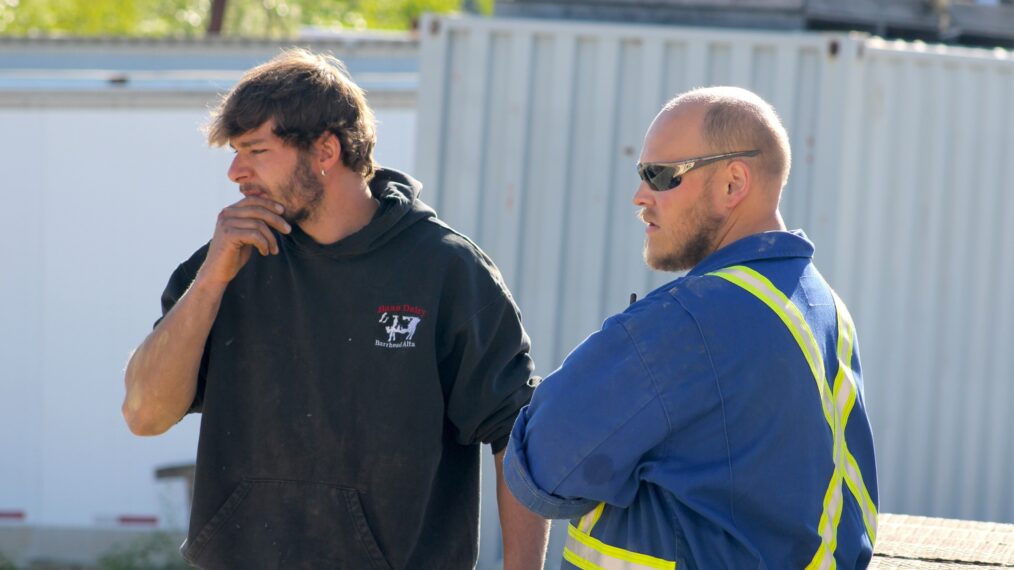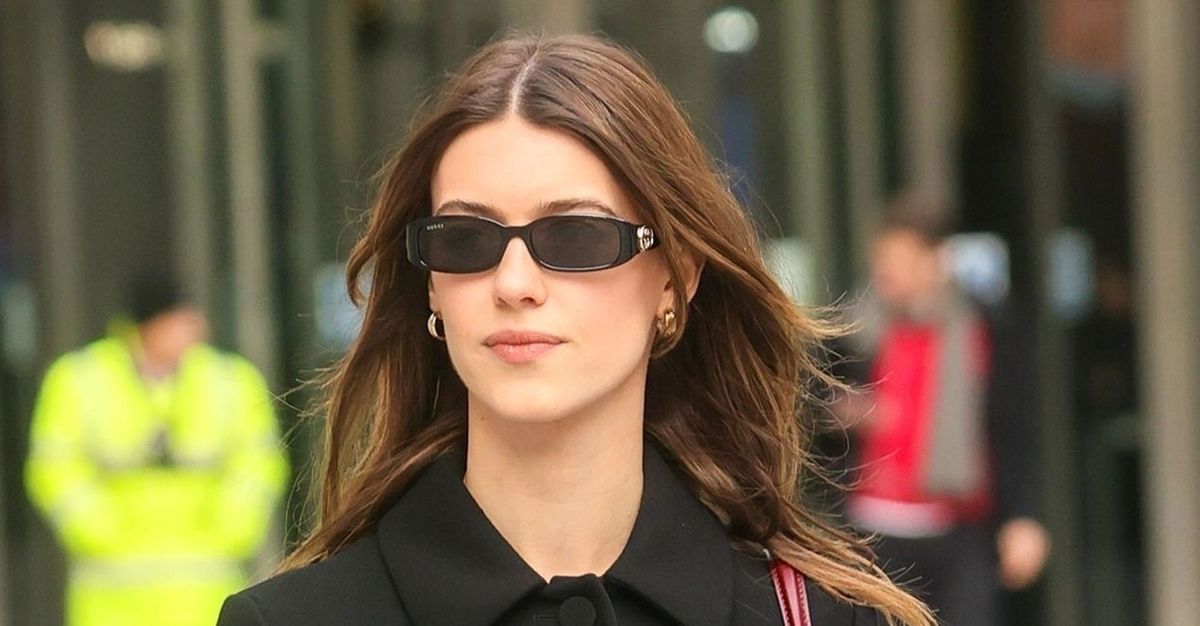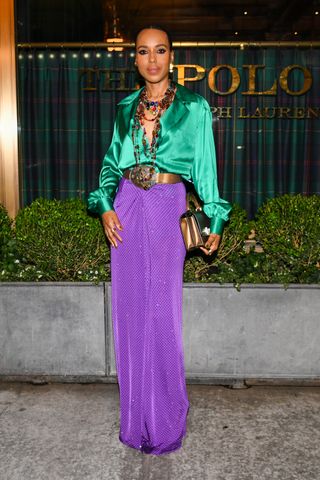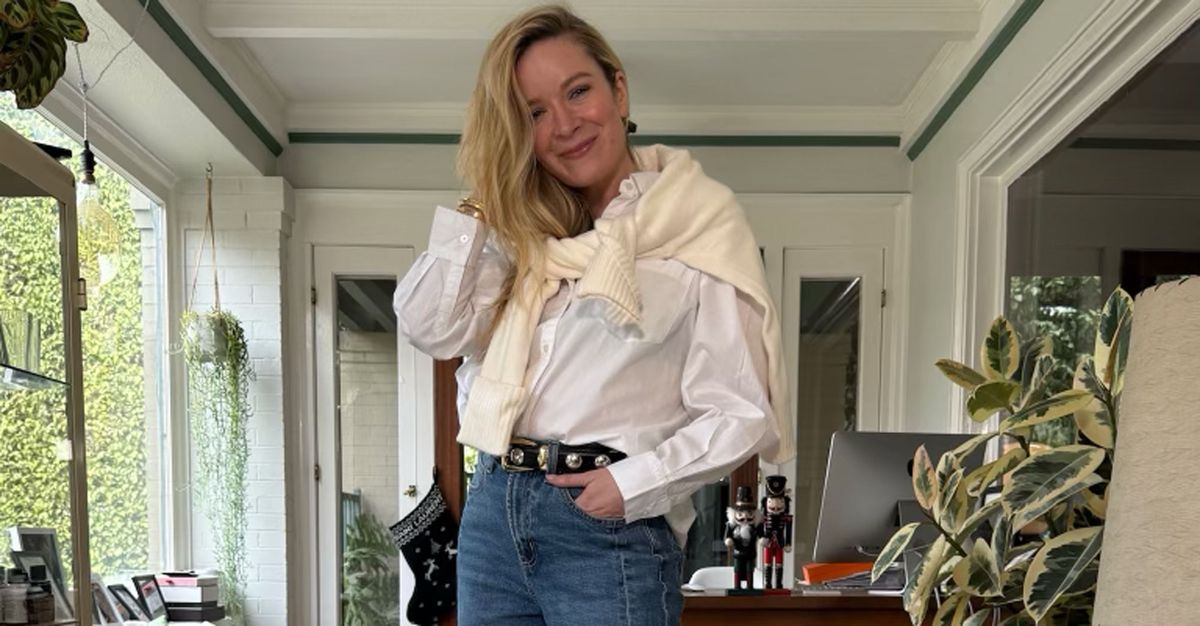Showrunners are the creative visionaries of a series.
They might not be the original creators, but they cover all aspects of the creative elements, evolve the show’s vision, and decide where the story and character arcs will go.
They run the writing rooms, head the development, hire writers, and ensure actors are kept happy and that the budget is not exceeded.
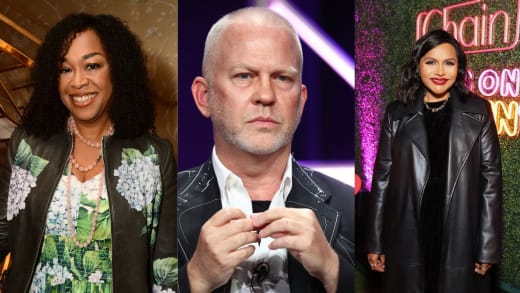
Series are usually a collective effort, with writers giving their thoughts, but showrunners have the final say and are essential.
Where would the industry be without people like Shonda Rhimes (Grey’s Anatomy, Scandal, Inventing Anna), Matt and Ross Duffer (Stranger Things), and Ryan Murphy (American Horror Story, 9-1-1)?
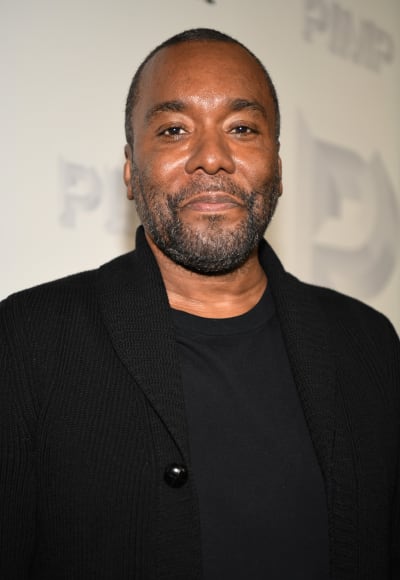
It would be mundane and repetitive.
Intelligent and prolific showrunners are the difference between a hit and a flop.
They set an unwavering tone for their ideas, and consistency is vital.
If the reason you fell in love with a series is altered or gone one day, then the connection created is absent, and so is the entertainment.
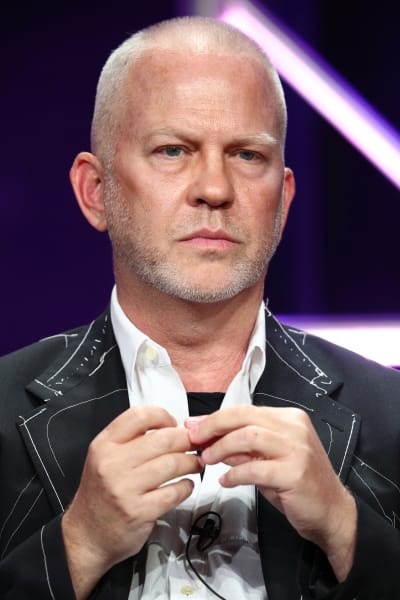
A Demanding Job
There aren’t very many people in the world who can handle the responsibilities that come with the job.
At one point, Greg Berlanti oversaw 17 shows, including Riverdale, Prodigal Son, You, Chilling Adventures of Sabrina, Doom Patrol, and Titans.
He set the record in 2018 for the most shows airing.
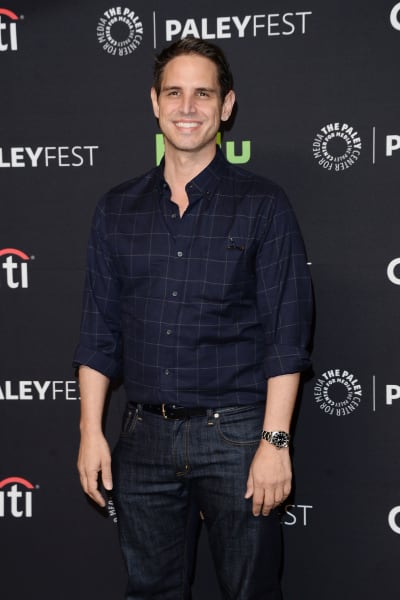
It can be a very lucrative position. However, success is contingent on their ingenuity and discipline.
The number of people that Berlanti was in charge of during that time, the array of ideas he had to come up with, and the resourcefulness he had to employ is unimaginable.
The ratings of a series are a reflection of the showrunner. Much like betting, the stakes can be very high, and they aren’t just monetary. Your reputation is also on the line.
They are held responsible by the public. Lose, and you are vilified. Win, and you’re eulogized.
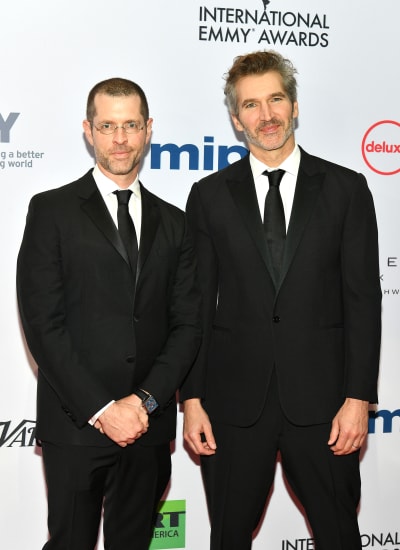
Then there are the cases like Game of Thrones showrunners D.B. Weiss and David Benioff.
The duo went from the highest mountain of praise to Google’s top result for “bad writers.”
Showrunners are the glue. Many aspects of the job depend on their integrity.
They set the tone not only for their work but for the sets, what is expected, and, in some cases, people’s careers.
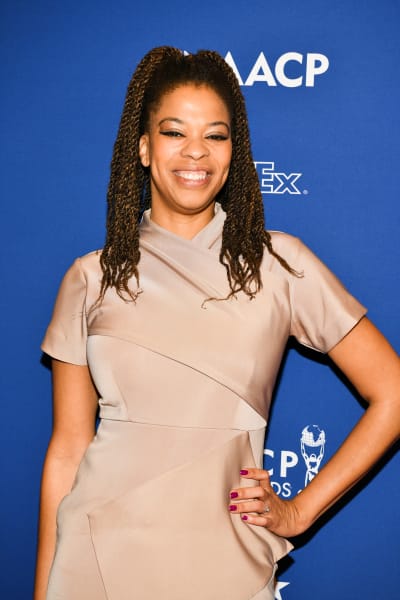
Lasting Impacts
In Weiss and Benioff’s case, their writing was the source of scrutiny.
However, one’s writing ability sometimes has nothing to do with it.
Some people should not be trusted with that power due to their severe deficiency in understanding right from wrong or having any moral compass.
Dan Schneider proved that in spades.

He forever traumatized children actors, their parents, and his employees with the toxic environment he curated and permitted.
Despite no sexual assault allegations ever sticking to Schneider, emotional and psychological abuse, racism, and sexism were on full display during the revelations of ID’s Quiet on Set docuseries.
With that were disturbing clips of him and Amanda Bynes, the sexual references he weaved throughout his shows, and that odd sexually charged video of Ariana Grande.
Even if some of the heinous crimes weren’t directly done by him, specifically the ones inflicted by Brian Peck, he is still responsible.
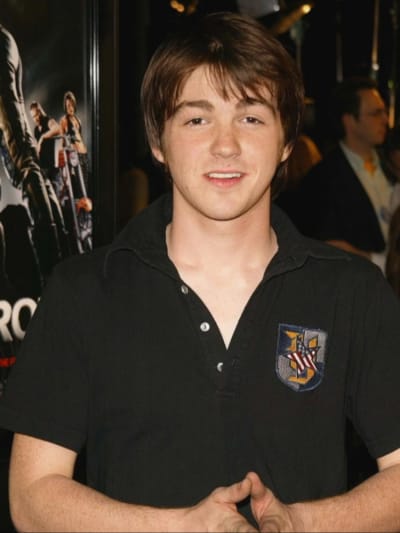
He hired Peck, and there is no denying that Schneider’s curated environment allowed it. It probably fostered the idea in Peck’s mind that it would go unnoticed and unreported amongst Schneider’s horrific actions.
As a young Nickelodeon fan during Schneider’s reign, I still find some shows like All That, The Amanda Show, Drake & Josh, Zoey 101, and iCarly to resonate today.
They bred stars like Amanda Bynes, Drake Bell, Josh Peck, Kenan Thompson, Miranda Cosgrove, Jamie Lynn Spearks, Jennette McCurdy, and Victoria Justice, to name a few.
You can almost hear the brainwashing from the actors who have been completely silent since the docuseries aired.

And for the ones who have, or haven’t explicitly blamed Schneider or Nickelodeon but whose lives have since been in shambles like Amanda Bynes, their pain is heartbreaking.
All of the PTSD, emotional trauma, and mental health issues traced back to a showrunner, only cementing their importance.
On the side are showrunners like Michael Schur, known for The Office, SNL, Parks and Rec, Brooklyn Nine-Nine, and The Good Place.
His work often has characters working run-of-the-mill jobs with average lives, trying to do better for the greater good.
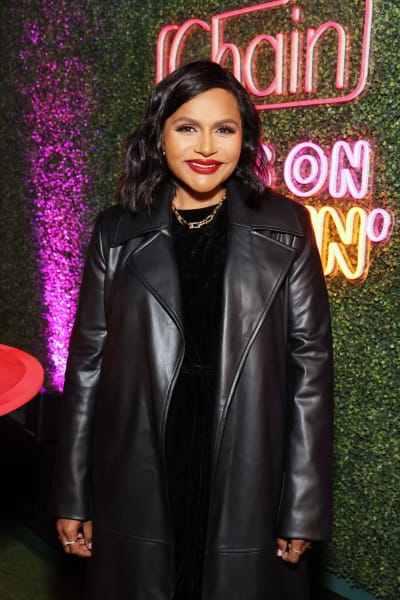
Speaking of The Office, Mindy Kaling’s creations feature Indian American characters rejecting stereotypes like in Never Have I Ever.
Their importance goes beyond the parameters of their job title.
They have the power to promote inclusivity and give underrepresented groups representation in shows and opportunities on and off-screen.
Can Make or Break a Hit
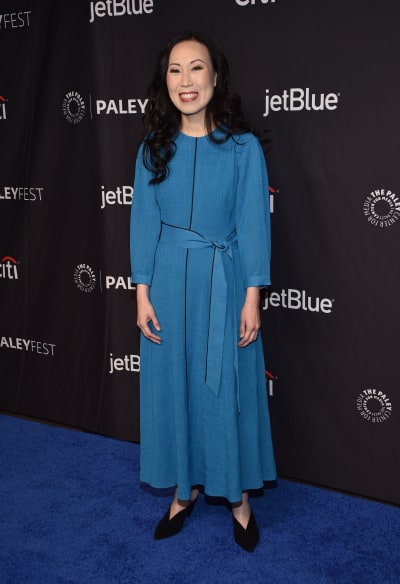
Nothing is more detrimental to a fan base than when a success turns into a disappointment.
While this isn’t always the case, one reason this happens is because of a switch in showrunners.
Gilmore Girls went noticeably downhill when David S. Rosenthal replaced Amy Sherman-Palladino. It went so astray that the network canceled the sitcom.
Others like The Walking Dead (which depends on who you ask), The Simpsons, Seinfeld, and anything Scott Buck manages to get his hands on (Iron Fist, Inhumans, Dexter) noticeably suffered from changes.
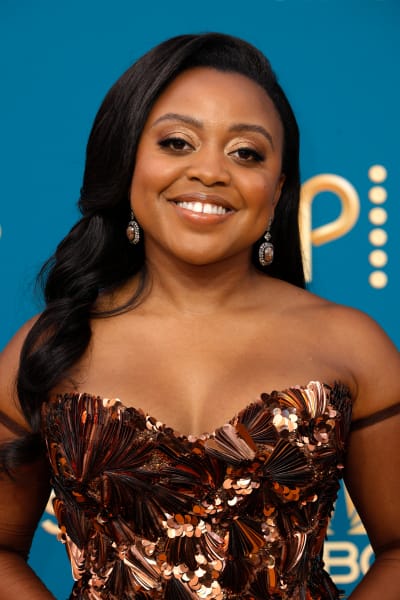
Conversely, there are scenarios when the change leads to triumph.
Supernatural, Stark Trek: The Next Generation, Smallville, Veep, and Law & Order: SVU all had high ratings and lengthy runs after their shifts.
Think of Riverdale and Gossip Girl. Like GOT, they both were internally doomed and with no leader change to blame.
However, after all that hard work, it can be a thankless job.
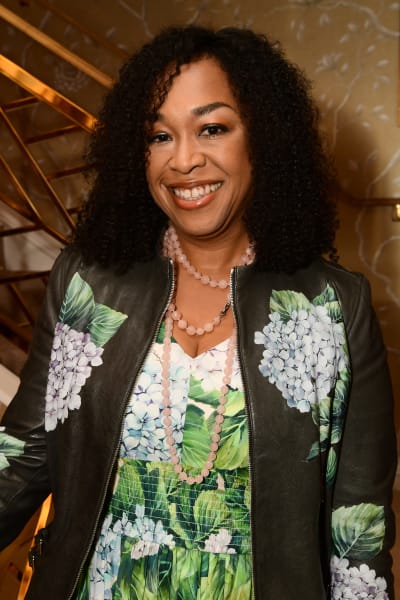
David Simon is a prime example reflected in his shows’ continuous snubs from the Emmys and Golden Globes.
The Wire only received two Emmy nominations for writing.
The Duece never even received an Emmy nomination and had one Golden Globe nomination. None of the nominations were victorious, and the shows were terrific.
Showrunners are monumental to TV shows. Their influence and power can have lasting impacts on the show itself, society, the industry, the cast and crew, and their respective genre.
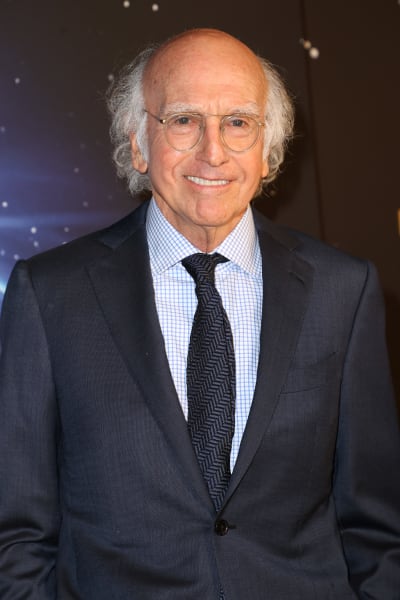
The best are inspirational, organized, adaptable, hard-working, patient, collaborative, and show assertiveness without being dictating.
It’s a balancing act that can cement themselves and their creations in entertainment industry history.
Comment below your favorite, or least favorite, showrunners!
Eve Pierpont is a staff writer for TV Fanatic. You can follow her on X.



























